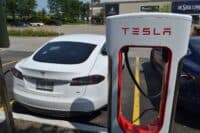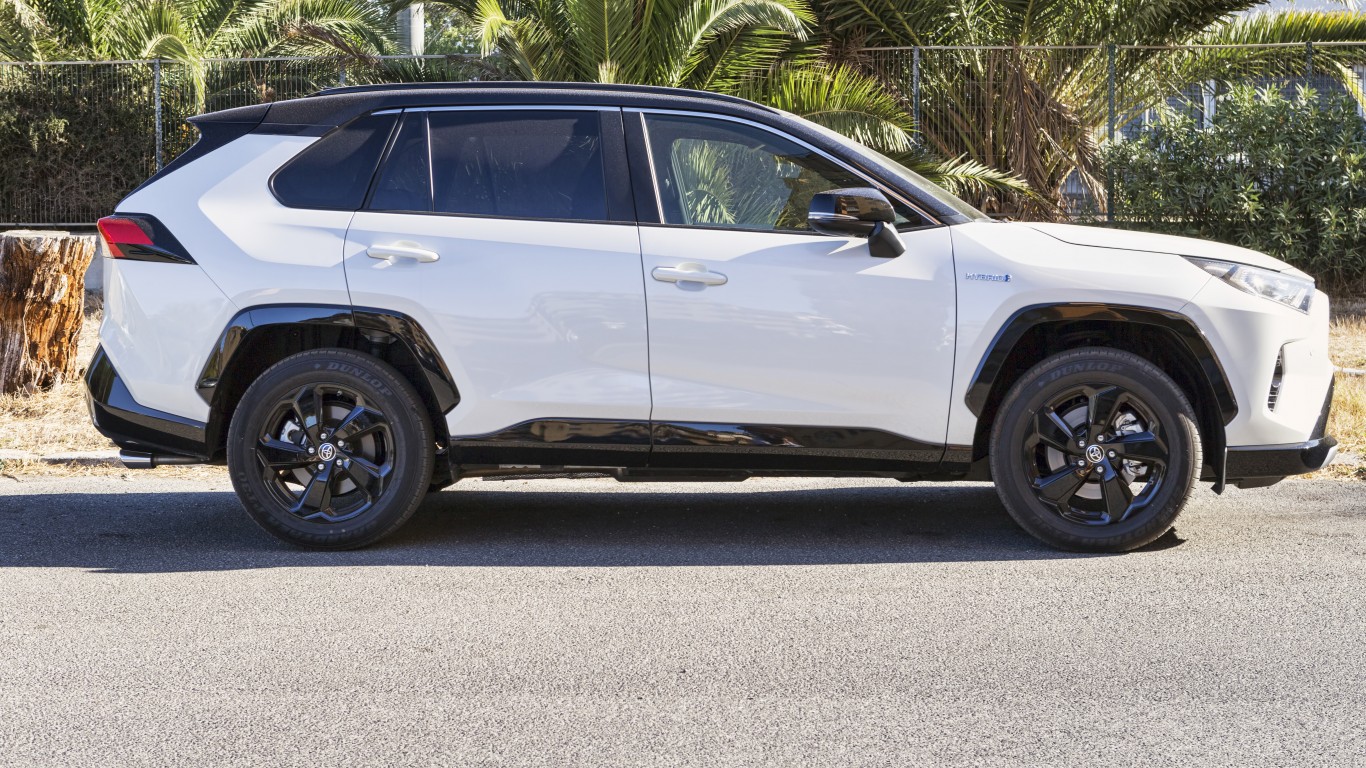

The view of Ford and General Motors was boosted as the electric vehicle (EV) market improved and they created plans to dominate it. The new Ford F-150 Lightning added grist to that mill. If Ford could manufacture an electric version of the county’s most popular vehicle, then it and GM could expand the transition from popular petroleum-fuel models to EVs that carried a similar advantage. Tesla, dwarfed in terms of dealer networks and marketing muscle, could begin to suffer, as many car niche companies do.
[in-text-ad]
Tesla’s leverage has come from the creation of a remarkably powerful and valuable brand. Many consumers consider Tesla the first and best electric car company. It could carry that designation for years. GM could carry its gasoline-powered legacy for as long.
GM’s stock prices exploded recently, jumping from around $49 last August to $67 early this year. It has slipped to $35 recently. Why such a large drop? The economy did not create it. Despite an erosion in car sales, investors have carried a particularly large optimism about the future, undermined only recently by an increase in interest rates. Car sales have been hampered by a scarcity of microchips used in the most modern vehicles. Car executives see an end to that early next year. In the meantime, they have been able to push the prices they can charge higher and eliminate profit-eroding incentives.
GM’s move into EVs could be extended too long, compared to the industry. Just months ago, sentiment about its chances rose. Much of that appears to have disappeared. Every large global car company has jockeyed for a competitive position. Each has said it plans to have mostly EV products before the decade finishes.
Thank you for reading! Have some feedback for us?
Contact the 24/7 Wall St. editorial team.
 24/7 Wall St.
24/7 Wall St.


